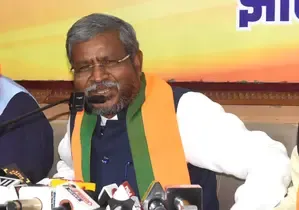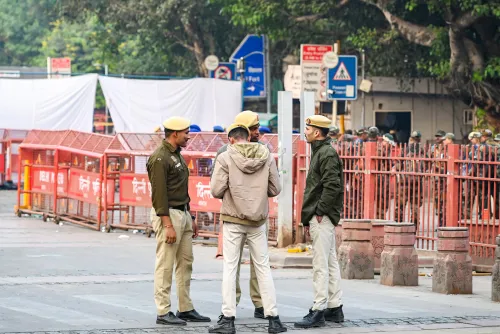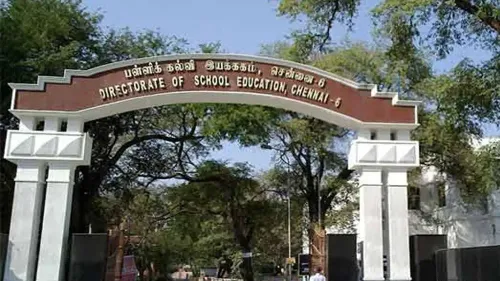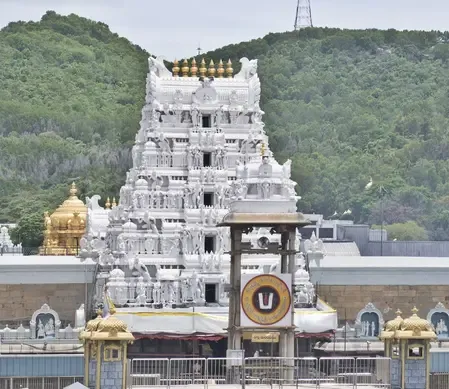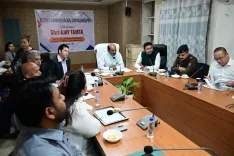Kerala CM Vijayan Warns of Threat from Proposed Lok Sabha Constituency Delimitation
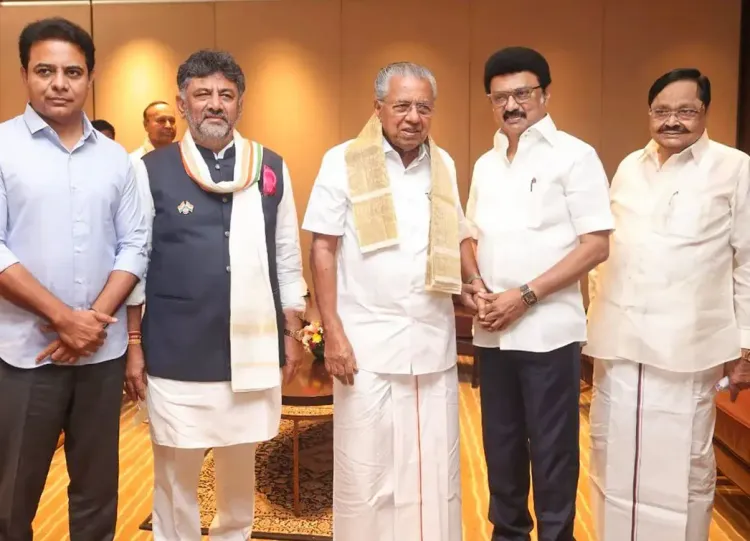
Synopsis
Key Takeaways
- Delimitation process may harm southern states' representation
- Kerala and other states punished for effective population control
- Meeting marks beginning of coordinated resistance
- Emphasis on federal principles and equitable representation
- Call to uphold India's democratic values
Chennai, March 22 (NationPress) Kerala Chief Minister Pinarayi Vijayan, participating in the Joint Action Council meeting convened by his Tamil Nadu counterpart M.K. Stalin on Saturday, expressed concerns over various reports suggesting that the BJP-led Union Government is proceeding with the delimitation process without prior consultation. He argued that this abrupt action is not based on any constitutional principle or democratic necessity, but rather on narrow political motives.
"The proposed delimitation of Lok Sabha constituencies looms over us like the sword of Damocles," Vijayan remarked during the meeting, which was attended by three Chief Ministers, one Deputy Chief Minister, and numerous leaders from various parties.
"If the delimitation process occurs post-Census, it is likely to result in a substantial increase in the number of seats for northern states, while significantly reducing the representation of southern states in Parliament. This plays into the hands of the BJP, which has greater influence in the north. If delimitation is conducted solely based on population, then Kerala and other southern states will be adversely affected, as we have been successfully reducing our population since 1973, when the last delimitation was done, which reorganized the number of Lok Sabha seats," he stated.
Vijayan emphasized that southern states "are now facing repercussions precisely for our diligent adherence to the National Population Policy of 1976".
"When a state faithfully executes a nationally recognized policy, it warrants special consideration for that reason. Instead, we are being penalized for fulfilling our responsibilities to the nation. This encapsulates the core of the issue. The National Population Policy was not intended solely for specific regions; it was established by the Union Government as a policy for the entire nation. However, many states failed to implement it effectively. In contrast, our states have done so commendably. The Union government has praised us repeatedly for our successes. Yet, now we are being punished for having achieved and even exceeded the targets. The prevailing sentiment seems to be that, having a smaller population means we deserve less funding and reduced representation. This is lamentable," he continued.
"Our declining population is being used as justification for this. Kerala’s share, which was 3.875 percent during the 10th Finance Commission, has now diminished to a meager 1.925 percent in the 15th Finance Commission. The effective implementation of population control measures generally results in increased public health spending. However, when funds are allocated, no special consideration is granted for this," Vijayan argued.
"Should our parliamentary representation be further diminished while our share of national wealth continues to decline, we will encounter an unprecedented scenario where both our rightful share of funds and our political voice to demand them dwindle simultaneously. It is in recognition of this critical issue that we – Kerala, Tamil Nadu, Andhra Pradesh, Telangana, Karnataka, Odisha, West Bengal, and Punjab – are now uniting in protest," he added.
Expressing gratitude to Stalin for his initiative, he stated that this meeting marks the beginning of their coordinated resistance through the formation of a Joint Action Committee.
"The actions of the Union Government – spanning fiscal, language, and cultural policies, and now even the fixation of representation – are undermining India’s federal structure and democratic framework. This cannot be permitted to continue. The Indian Constitution designates India as a 'Union of States', emphasizing our federal character. It seeks to maintain a balance between the Union and the States. The current delimitation endeavor disrupts this balance, disproportionately empowering states that have failed to execute national policies like population control," Vijayan stated.
He added that in the 2011 census, Kerala’s population growth was a mere 4.92 percent, compared to the national average of 17.7 percent between 2001 and 2011.
"All our states have recorded population growth rates below the national average during this period. The last reorganization of Lok Sabha seats occurred in 1973, based on the 1971 census. At that time, Kerala constituted 3.89 percent of India’s population. However, due to the effective implementation of the National Population Policy over the following four decades, Kerala’s share had reduced to just 2.76 percent by 2011. If the delimitation exercise is conducted now, Kerala’s reduced population will inevitably result in fewer parliamentary seats. Punishing states for successfully implementing population control measures is unconscionable. We are resolved to resist this injustice. Federal principles and equitable representation must be upheld," Vijayan asserted.
"Federalism is not a privilege granted by the Union, but a right of the States. Our collective resistance transcends mere seats; it is a struggle to safeguard India’s essence as a diverse and inclusive democracy,” he concluded.

